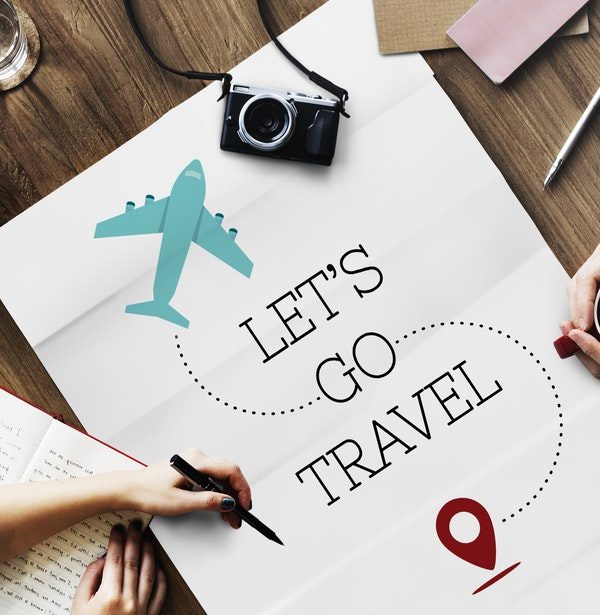Whether you are traveling for business or pleasure, safety is a prime consideration. There are seven key safety tips that you need to keep in mind while traveling.

Avoid Using Public WiFi
Almost half of all travelers indicate that they use public WiFi when traveling. You may be such a person. In fact, you should avoid using public WiFi when traveling.
You might be like many people and may immediately counter that you don’t worry about using pubic WiFi when traveling because you aren’t accessing sensitive accounts, like a bank account, when you’re on pubic WiFi. That’s a good strategy, but only to a point.
The reality is that once you connect to a public WiFi, you open the door to thieves who will hack into information you store on your mobile phone, laptop, or other device. You don’t necessarily need to be accessing a particular account via public WiFi to expose sensitive information to a thief or hacker.
Instead of using public WiFi, use a personal hotspot. You can purchase a specific hotspot device. In addition, most smartphones have a personal hotspot functionality. You can also obtain a portable router which allows you to set up your own WiFi hotspot. You accomplish this by obtaining what is known as a local SIM data card. You oftentimes can purchase this SIM card at an electronic store or an airport kiosk.
Password Protect Your Phone and Other Devices
Only 48 percent of people have a password on their phones. If you are one of those people, at the very least, add a password to your phone when you are traveling.
The risk of losing or having your phone stolen increases when you travel. The very nature of traveling exposes you to a higher risk of mishap or theft. If your phone is not password protected, you make it easy for thieves to access a information you maintain on your phone. You will also want to make sure that you have a password on your laptop, tablet, or any type of mobile device.
Also consider activating location tracking on your mobile device (or adding that feature of you don’t have it). You should also consider installing wiping software, a solution that permits you to eliminate information you have maintained on your phone if your device is lost or stolen.
Don’t Post Location of Agenda on Social Media
People enjoy posting about their travels on social media. The problem with doing this is that these posts are announcements that you are not home. Thieves monitor social media for information like this.
32 percent of people do avoid posting photos or updates on social media while traveling. Only 20 percent disable geotagging on pictures posted on social media.
Bring Only What You Need
When you travel, bring only important items that you really need. For example, depending on where you are traveling, you will need a passport and your official state ID card. However, you don’t need your Social Security card or birth certificate.
You also don’t need to bring multiple credit cards. Have one primary card and have one for a backup.
Record Data from Important Documents
In addition to limiting what you bring along in the way of important documents, record the information contained on these items. For example, record your driver’s license, credit card, and passport information. Stow this information in a safe place. You will find it easier to deal with the loss or theft of these items if you have this data stowed safely.
Monitor Credit Cards and Bank Accounts
You can easily monitor your credit cards and bank accounts while traveling. This allows you to stay on top of anyone who may have improperly accessed one of your accounts while you are traveling. You can check your accounts via apps on your mobile device. You can also set up alerts on your accounts through which you can receive a text of email when there is a transaction.
Protect Your Home While Away
Finally, you’ll want to take steps to protect your home while you’re away. Above all, you don’t want to send the message that you aren’t at home. You need to consider stopping mail and newspaper delivery. Consider programming lights to come on at different types as you travel. Have someone stop by your home with regularity to “check things out.” Used in a coordinated manner, these are all tactics that make it appear as if you are at home and reduce the risk that you will be victimized at your home while you are traveling.
Jessica Kane is a professional blogger who writes for Documents International LLC, a leading apostille service for individuals and businesses.






Leave a Reply